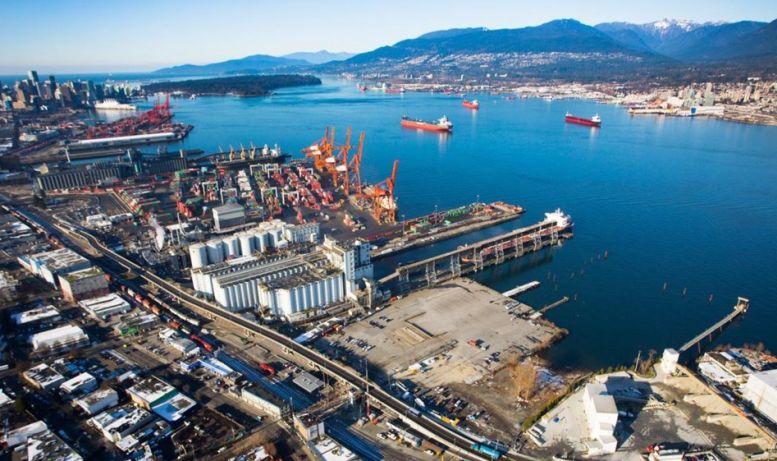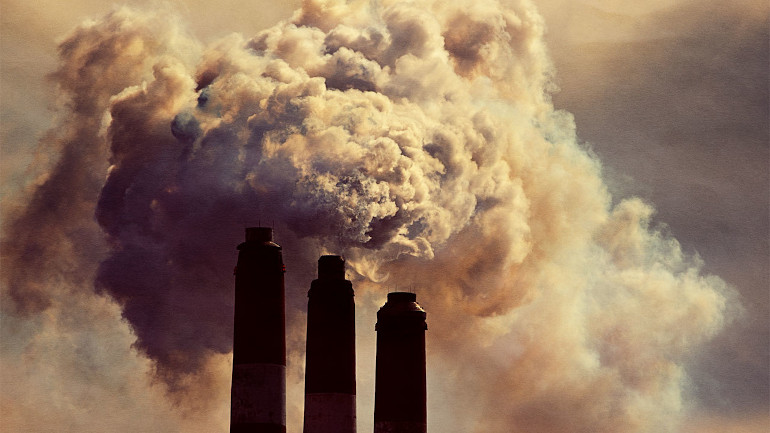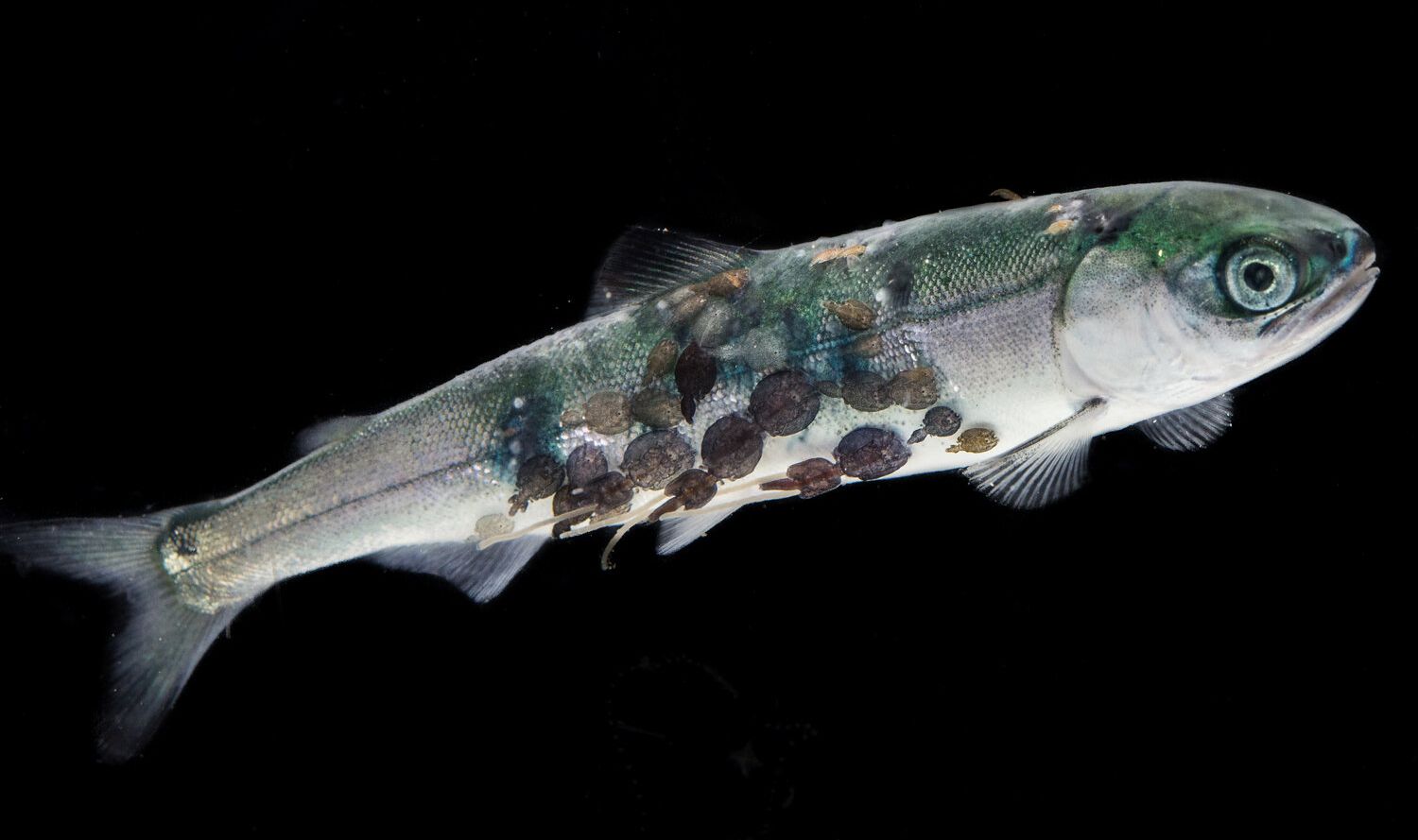Back in 1953, the first oil traveled through the Trans Mountain (TMX) pipeline from Edmonton to Burnaby. The initial capacity was 150,000 barrels of oil per day. The most recent expansion, approved in 2019, will increase daily capacity to 890,000 barrels. The operation of the expanded pipeline will produce an estimated 400,000 tonnes of greenhouse gases (GHG) annually. However, this does not include the greenhouse gas emissions from extracting and processing the bitumen, estimated at least 13,000,000 tonnes of CO2 each year, shipping around 400 tankers a year out of the Port of Vancouver, or from burning the fossil fuel estimated at 30,000,000 tonnes a year.
In comparison, the average Canadian household produces 3.4 tonnes of GHG annually. All this contradicts Trudeau’s climate change promises, yet the government willingly funded the expansion.
Most of the present crude oil and bitumen coming from Alberta goes to the US. The aim of the expansion was to boost exports to Asia, which it was hoped would be a profitable market. However Trans Mountain presents this as a “secure source of energy” to develop “the same quality of life we enjoy here in Canada.” …YUCK! This predatorial attitude, deeming Canada as a saviour pulling the global south out of turmoil, is one of many tactics that Trans Mountain uses to persuade Canadians that this project is a necessary expansion. Really, it aims to justify profit-wielding in the oil industry, lining the pockets of the owners at the expense of workers, Indigenous peoples and a healthy future for our planet.
TMX and the Canadian government also tactfully frame the oil industry as though it provides never-ending job opportunities. This is far from the truth. After the construction is over the pipeline will provide just 90 new jobs, according to Kinder Morgan, the owner before the Canadian government bought the project. The oil sands in Alberta are shedding jobs. Suncor recently cut 1,500 jobs, while profits were up., This pipeline expansion threatens several other sectors that depend on the land and waters the pipeline is being built on, such as commercial fishing and tourism in the Lower Mainland, putting nearly 200,000 jobs at risk. The main job creation will be taxpayer funded work to deal with climate change — firefighters, dyke builders and emergency responders.
The staggering boondoggle has seen the estimated cost soar from an original estimate of $5.4 billion in 2013 to $30.9 billion in early 2023. It probably will go even higher. Trans Mountain blames, among other things, inflation, supply chain interruptions and a “challenging terrain and geography,” which is a totally predictable obstacle. Canadian taxpayers are on the hook for these costs as Trudeau bought the project in 2018.
It is a bad economic, and social, decision to rely on fossil fuels for energy that threatens humanity’s future. There are plentiful alternative energy sources that are renewable and much less polluting — the sun, wind, tides and earth itself. It is a poor economic decision for all working Canadians whose hard-earned tax dollars are funding this train wreck and is especially threatening to Indigenous peoples whose land and resources the pipeline continues to encroach on, tearing through Indigenous land without consent, breaching treaty rights, and destroying the essential bodies of water, land, and livelihoods of Indigenous peoples.
If the pipeline is completed, it is bad news for the climate. This summer was bad enough with fires and smoke, heat and droughts, and floods, without adding more polluting carbon to the atmosphere. The increased tanker traffic will further threaten the dwindling orca numbers in the Salish Sea. A leak from the pipeline or a tanker could devastate the rivers and coast of southern BC.
The main impetus of the pipeline was not to create jobs for Canadians or to provide tax revenue. The pipeline, with its huge cost increases, is unlikely to ever cover its costs. A study in 2022, when the cost was expected to be $26.1 billion, showed that it would never make money. Now the situation is even worse as costs have increased. When the pipeline was planned its aim was to export oil to Asia but, due to NATO sanctions, Russia has increased its exports of oil and gas to Asia selling it at low prices.
Trudeau’s main motivation for buying the pipeline and spending billions to complete it is to show to foreign capitalists that Canada is open for business, in effect saying, “come to Canada and exploit our nature for your profits.”
Resource extraction, which Canada still heavily relies on, is subject to fluctuations in prices. Western Canadian Select (most of Alberta’s bitumen sales) has swung from US$3.50 in April 2020 to over US$100 in March 2022 — a roller coaster! Oil prices, which jump and crash with each minor adjustment of the world’s political landscape, make for unstable employment.
The oil industry is highly profitable for big business and the 1 percent at the expense of working people and the climate. Canada’s big five oil companies, all based in Alberta’s oil patch, made $38.3 billion in profits in 2022, more than doubling their 2021 profits of $16.9 billion. These profits are made at the cost of raging forest fires and other climate disasters.
The pipeline clearly demonstrates that the entire capitalist economic system values big business and profits over working people, their families and humanity’s future. Just 81 billionaires have more wealth than half of humanity and a billionaire causes a million times more carbon emissions than the average person. Governments around the world support this situation by not steeply taxing or expropriating this obscene and damaging wealth.
Fossil fuels, supported by the Canadian government, are propelling us at lightning speed towards climate death.
Canadians need a united working-class movement committed to green energy and run by the majority of people. However, it is difficult to build that unity, as capitalism makes big efforts to pit workers against each other. In the case of the pipeline, this manifests as a conflict between most Indigenous people and those concerned about the environment against the workers who rely on fossil fuels for their livelihood. Workers need jobs to put food on the table and are forced to take up jobs that are environmentally destructive. Indigenous nations need to be able to economically support their communities and protect their resources, yet the Canadian government and the resource extraction industries often seek to make them choose one or the other. All workers and communities hope for a safe future for their children.
Jobs, strong communities, the environment and a secure future are best realized by breaking free of capitalism’s destructive forces. A socialist economy would not exploit the land for profit. Instead, production would be democratically planned and managed based on the needs of humanity and a healthy environment.
The funds wasted on the Trans Mountain pipeline could have provided a massive investment in fully-funded mass transit, renewable energy, health care, education, and affordable and energy efficient housing, all with living-wage union jobs. A capitalist government, whether it is Conservative, Liberal or NDP, will never be able to create a green economy with good jobs for all working people.
Every victory under capitalism, including the 8-hour work day, free health care, and the right to strike, was won by struggle and solidarity. A mass movement of workers, youth, and Indigenous peoples, united and calling for clear demands, can win the fight for our future.



